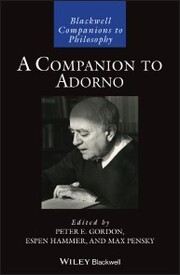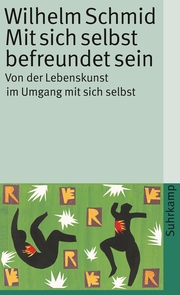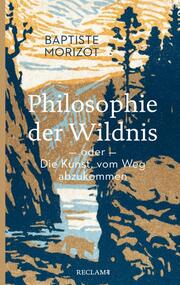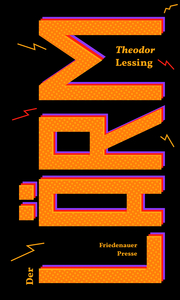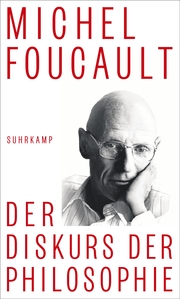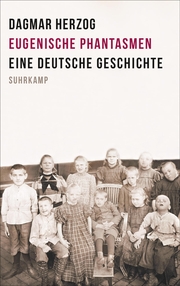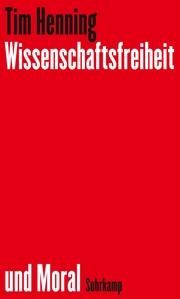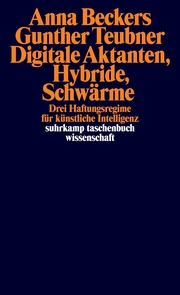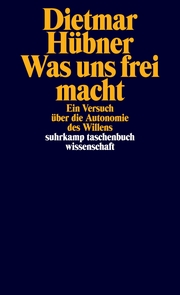Format: EPUB
DRM: Adobe DRM
- Belletristik & Lyrik
- Krimi
- Kinder- und Jugendbuch
- Bilderbücher
- Familie
- E-Reader
- Hörbuch für Erwachsene
- Hörbuch für Kinder
- Reise
- Landkarten & Stadtpläne
- Kalender
- Politik & Wirtschaft
- Gesundheit
- Demenz
- Kochen
- Natur & Tiere
- Regionalia
- Körper und Seele
- Hobby & Basteln
- Humor & Nettigkeiten
- Geschichte & Kultur
- Schulbuch
- Lernhilfen
- Pädagogik
- Psychologie
- Partnerschaft & Erotik
- Fremdsprachige Literatur
- Theologie & Philosophie
- Fantasy & SciFi
- Lifestyle
- New Adult
- Influencer & Blogger
- Graphic Novel
- Manga
- Tickets
- Sprachen
- Biographien
- Sport
- Wissen
- Recht
- Beruf & Karriere
- EDV
- Fahrzeuge
„E-Book“ steht für digitales Buch. Um diese Art von Büchern lesen zu können, wird entweder eine spezielle Software für Computer, Tablets und Smartphones oder ein E-Book Reader benötigt. Da es verschiedene (Datei-)Formate für E-Books gibt, gilt es dabei einiges zu beachten.
Von uns werden digitale Bücher hauptsächlich in zwei Formaten ausgeliefert: EPUB und PDF. Je nach Verlag und Titel kann zu dem Format eine Form vom Kopierschutz (DRM=Digital Rights Management) gehören. Sie können Format und Form des DRM der Detailansicht des Titels entnehmen.
- Bei E-Books ohne DRM (DRM: Nicht vorhanden) müssen Sie lediglich sicherstellen, dass Ihr E-Book Reader, Software oder App das Format (EPUB oder PDF) öffnen kann.
- Der Kopierschutz per Digitalem Wasserzeichen (DRM: Digitales Wasserzeichen) speichert Daten zum Download des Buches direkt in der Datei, die ggf. gerichtlich ausgelesen werden können. Genau wie E-Books ohne DRM können diese Titel ohne Beschränkung kopiert und auf verschiedenen Geräten gespeichert werden, sind allerdings rückverfolgbar.
- Wenn ein Format mit "hartem" Kopierschutz gekoppelt ist (DRM: Adobe DRM), besteht zusätzlich die Notwendigkeit, dass Sie einen kostenlosen Adobe® Account besitzen (genannt Adobe® ID). Nach dem Kauf eines solchen Titels erhalten Sie per Download zunächst eine Übertragungsdatei (URLlink.acsm). Stellen Sie sicher, dass in Ihrer Software (z.B. Adobe® Digital Editions), Ihrer App oder in ihrem Reader die zuvor erwähnte Adobe ID (Ihre E-Mail-Adresse und Ihr Passwort) hinterlegt sind.
Beim ersten Öffnen der Übertragungsdatei im E-Book-Programm oder auf dem Reader wird das Buch untrennbar mit der Adobe ID verknüpft, mit der die Software / das Gerät angemeldet ist.
!! Sollte zu diesem Zeitpunkt keine ID angelegt sein, kann das E-Book nur auf diesem Gerät (Reader oder Computer) gelesen werden und nirgendwo sonst !!
Achten Sie bei der Übertragung von E-Books darauf, dass die selbe Adobe® ID benutzt wird, wie zum ersten Öffnen.
Da E-Books nur für eine begrenzte Zeit – in der Regel 6 Monate – herunterladbar sind, sollten Sie stets eine Sicherheitskopie auf einem Dauerspeicher (Festplatte, USB-Stick oder CD) vorsehen. Auch ist die Menge der Downloads häufig auf maximal 5 begrenzt.
Die Rückgabe von digitalen Inhalten ist technisch bedingt nicht möglich.
Peter E. Gordon2 Adornos Inaugural Lecture: The Actuality of Philosophy in the Age of Mass Production 21
Roger Foster3 Reading Kierkegaard 35
Marcia Morgan4 Guilt and Mourning: Adornos Debt to and Critique of Benjamin 51
Alexander Stern5 Adorno and the Second Viennese School 67
Sherry D. LeePart II Cultural Analysis 856 The Culture Industry 87
Fred Rush7 Adorno and Horkheimer on Anti-Semitism 103
Fabian Freyenhagen8 Adorno and Jazz 123
Andrew Bowie9 Adornos Democratic Modernism in America: Leaders and Educators as Political Artists 139
Shannon Mariotti10 Inhuman Methods for an Inhumane World: Adornos Empirical Social Research, 19381950 153
Charles ClaveyPart III History and Domination 17311 Adorno and Blumenberg: Nonconceptuality and theBilderverbot175
Martin Jay12 Philosophy of History 193
Iain Macdonald13 The Anthropology inDialectic of Enlightenment207
Pierre-François Noppen14 Adornos Reception of Weber and Lukács 221
Michael J. Thompson15 Adornos Aesthetic Model of Social Critique 237
Andrew Huddleston16 The Critique of the Enlightenment 251
Martin ShusterPart IV Social Theory and Empirical Inquiry 27117 Nothing is True Except the Exaggerations: The Legacy ofthe Authoritarian Personality273
David Jenemann18 Exposing Antagonisms: Adorno on the Possibilities of Sociology 287
Matthias Benzer and Juljan Krause19 Adorno and Marx 303
Peter Osborne20 Adornos Three Contributions to a Theory of Mass Psychology and Why They Matter 321
Eli Zaretsky21 Adorno and Postwar German Society 335
Jakob NorbergPart V Aesthetics 34922 Aesthetic Autonomy 351
Owen Hulatt23 Adorno and Literary Criticism 365
Henry W. Pickford24 Adorno as a Modernist Writer 383
Richard Eldridge25 AdornosAesthetic Theory397
Eva Geulen26 Aesthetic Theory as Social Theory 413
Peter Uwe Hohendahl27 Adorno, Music, and the Ineffable 427
Michael Gallope28 Adorno and Opera 443
Richard LeppertPart VI Negative Dialectics 45729 What is Negative Dialectics?: Adornos Reevaluation of Hegel 459
Terry Pinkard30 Adornos Critique of Heidegger 473
Espen Hammer31 Concept and Object: Adornos Critique of Kant 487
J. M. Bernstein32 Critique and Disappointment:Negative Dialecticsas Late Philosophy 503
Max Pensky33 Negative Dialectics and Philosophical Truth 519
Brian OConnor34 Adorno and Scholem: The Heretical Redemption of Metaphysics 531
Asaf Angermann35 Adornos Concept of Metaphysical Experience 549
Peter E. GordonPart VII Ethics and Politics 56536 After Auschwitz 567
Christian Skirke37 Forever Resistant? Adorno and Radical Transformation of Society 583
Maeve Cooke38 Adornos Materialist Ethic of Love 601
Kathy J. Kiloh39 Adornos Metaphysics of Moral Solidarity in the Moment of its Fall 615
James Gordon FinlaysonIndex 631


